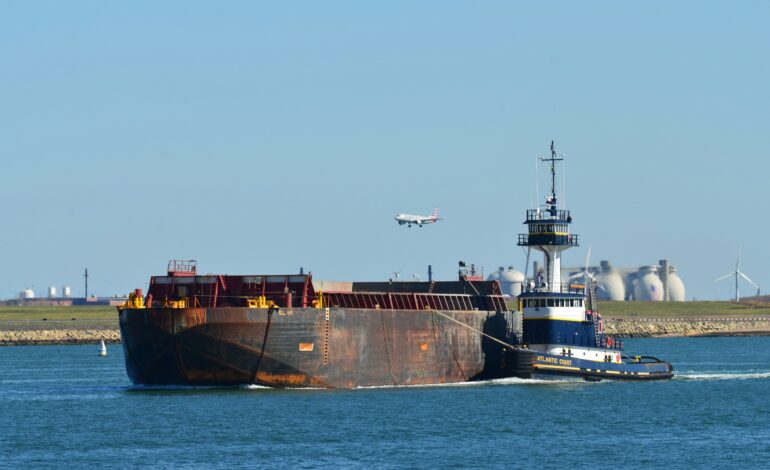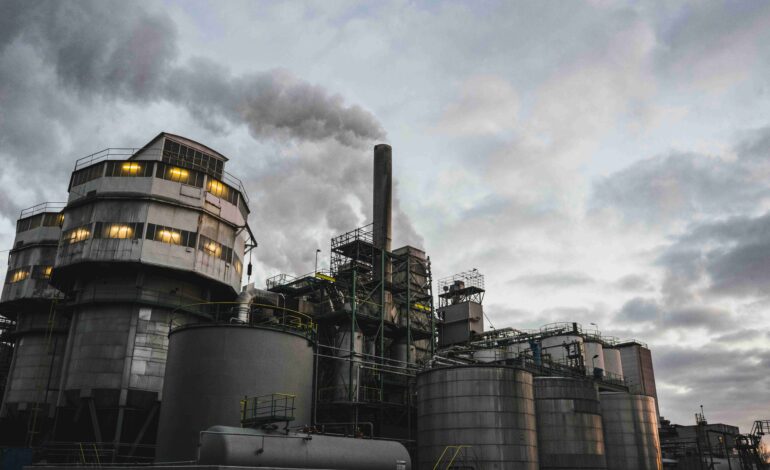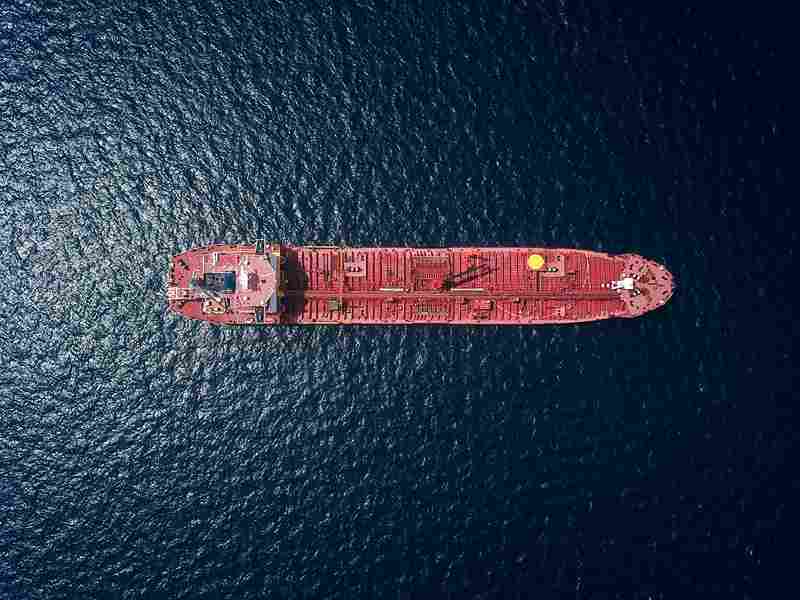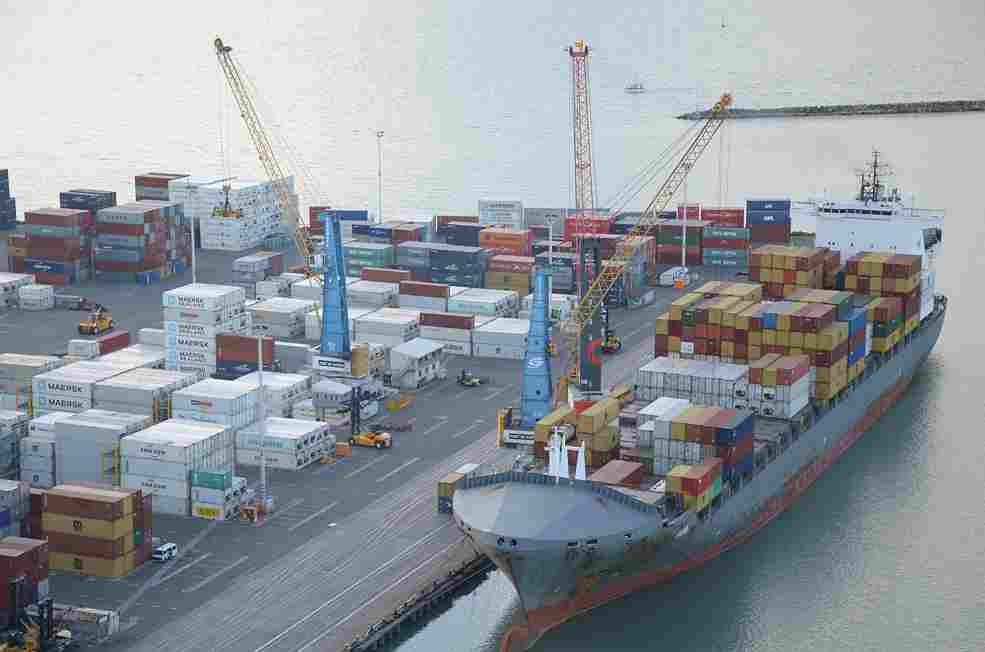
The Impact of Bunker Fuel Quality on Marine Engine Longevity
Bunker fuel quality plays a critical role in determining the operational efficiency, maintenance requirements, and overall longevity of marine engines. This article explores the significant effects of bunker fuel quality on marine engines, factors influencing fuel quality, technological advancements, and best practices for ensuring optimal engine performance and durability.
Importance of Bunker Fuel Quality
Bunker fuel serves as the lifeblood of maritime transport, powering a diverse range of vessels from cargo ships to cruise liners. The quality of bunker fuel directly impacts:
- Engine Performance: Clean and high-quality fuel ensures efficient combustion, minimizing engine wear and maximizing power output.
- Operational Reliability: Consistent fuel quality reduces the risk of engine malfunctions and breakdowns, ensuring reliable vessel operations.
- Emission Levels: Fuel quality influences emissions of sulfur oxides (SOx), nitrogen oxides (NOx), particulate matter (PM), and greenhouse gases, affecting environmental compliance and sustainability.
Factors Influencing Bunker Fuel Quality
Several factors contribute to bunker fuel quality variability:
- Sulfur Content: Regulations such as MARPOL Annex VI dictate sulfur limits, influencing fuel composition and environmental impact.
- Contaminants: Presence of contaminants like sediment, water, and microbial growth can degrade fuel quality and compromise engine performance.
- Density and Viscosity: Fuel density and viscosity affect combustion efficiency and flow characteristics within engines.
- Additives: Additives can enhance fuel stability, lubrication, and corrosion resistance, improving overall engine reliability.
Effects on Marine Engine Longevity
The quality of bunker fuel significantly impacts the lifespan of marine engines:
- Wear and Tear: Poor-quality fuel with contaminants or inadequate lubricity can accelerate wear on engine components such as pistons, cylinders, and valves.
- Corrosion: High sulfur content and acidic combustion by-products can contribute to corrosion in engine parts, leading to premature failure and increased maintenance costs.
- Efficiency Loss: Inefficient combustion due to poor-quality fuel results in reduced fuel efficiency, higher operating costs, and increased emissions.
Technological Advances and Mitigation Strategies
Advancements in fuel treatment and engine technology mitigate the impact of poor-quality bunker fuel:
- Fuel Filtration Systems: Advanced filtration systems remove contaminants and water from fuel, preserving engine performance and reliability.
- Fuel Additives: Use of additives improves fuel stability, enhances lubrication properties, and reduces emissions, optimizing engine longevity.
- Monitoring and Maintenance: Regular fuel quality testing, proactive maintenance, and adherence to manufacturer recommendations mitigate risks associated with poor-quality fuel.
Best Practices for Ensuring Optimal Engine Performance
Shipping companies can adopt several best practices to safeguard marine engines from the effects of bunker fuel quality:
- Supplier Selection: Partnering with reputable fuel suppliers ensures consistent delivery of high-quality bunker fuel meeting industry standards.
- Compliance Monitoring: Adhering to regulatory requirements and emissions standards minimizes environmental impact and avoids penalties.
- Training and Awareness: Crew training on fuel handling practices, contamination prevention, and emergency response procedures enhances operational efficiency and safety.
Future Outlook and Industry Challenges
As the maritime industry evolves, challenges and opportunities related to bunker fuel quality persist:
- Regulatory Compliance: Continued adherence to stringent emissions regulations drives demand for cleaner, low-sulfur fuels and alternative energy sources.
- Technological Innovation: Development of sustainable fuel options and emission-reducing technologies supports environmental stewardship and operational efficiency.
- Global Collaboration: International cooperation on fuel quality standards and enforcement mechanisms promotes uniformity and transparency in bunker fuel procurement and usage.
Conclusion
The quality of bunker fuel directly impacts marine engine longevity, operational efficiency, and environmental sustainability in the maritime sector. By prioritizing fuel quality assurance, leveraging technological innovations, and adopting proactive maintenance practices, shipping companies can optimize engine performance, mitigate risks associated with poor-quality fuel, and contribute to a cleaner and more efficient global shipping industry. Embracing sustainable fuel solutions and industry best practices will be pivotal in shaping the future of bunker fuel usage and ensuring resilient maritime operations in a rapidly evolving regulatory landscape.





